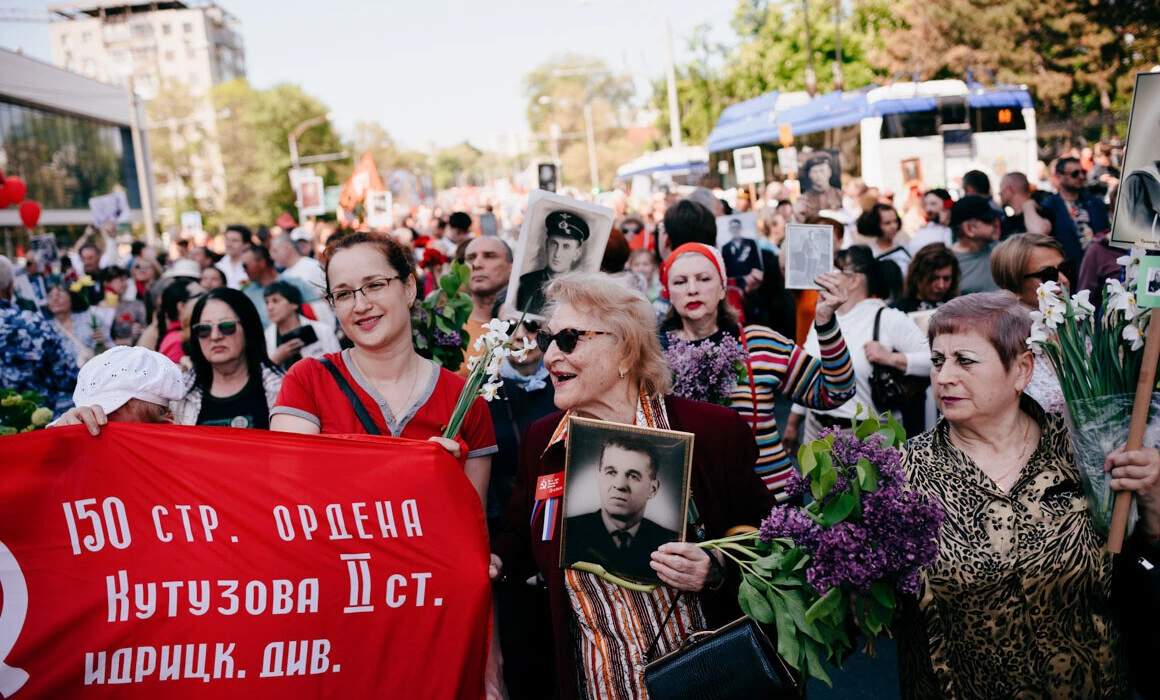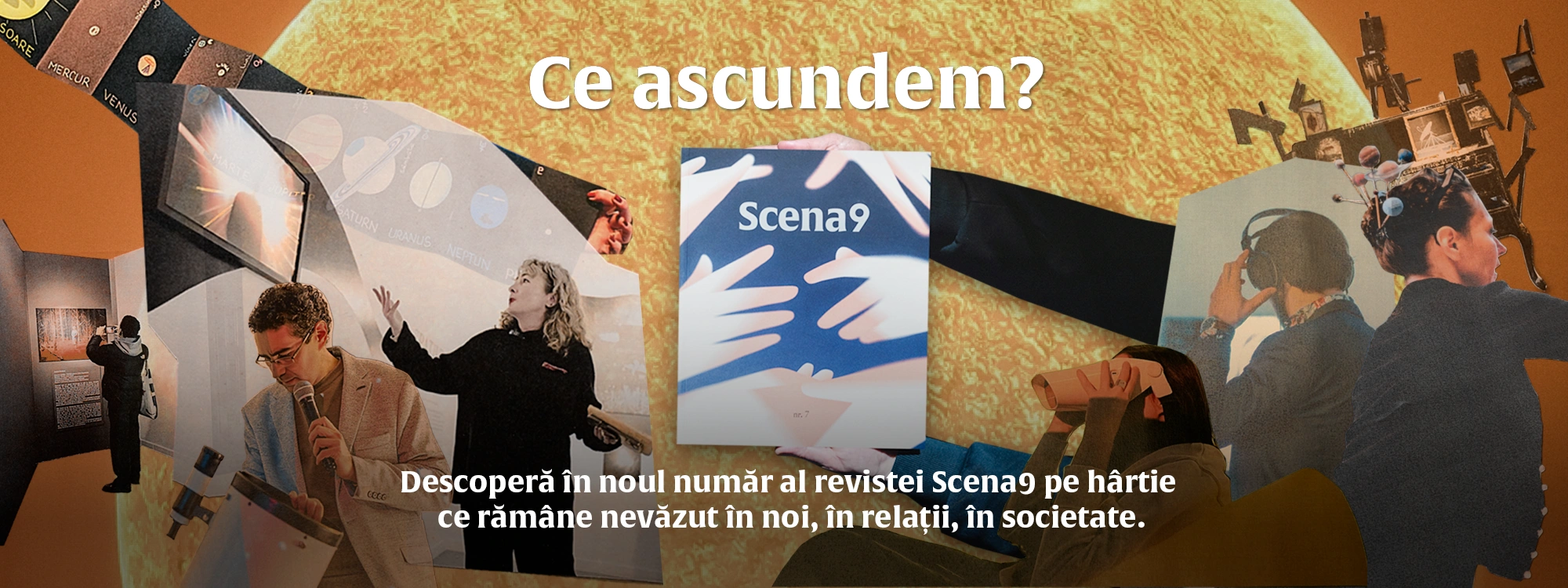It is about 3.5 kilometers from Grand National Assembly Square to the "Eternity" memorial complex. I arrived late to the square and had to walk very fast to catch up with the beginning of the march. How many times did I film the Victory Day march? I can't say exactly, but almost every year. This day has always been something special to me, both as a child and in the "new world" after 2014, when the war in Donbass began. This day, Victory Day, was beyond political views - it was unambiguous. In 1945, humanity defeated fascism, and that is not a topic for discussion. Humanity defeated the highest evil, and for that, many millions of lives had to be sacrificed. I used to think that such a lesson could not pass without a trace. We were bound to learn from it. What do I see now? I'm walking very fast, walking around a crowd of thousands of people. Many people are holding red flags of the USSR or the flag of victory, they are chanting: "Victory! Victory!", "Fascism will not pass!", "Hurrah!" There are blissful smiles on their faces. They are holding portraits of their dead relatives, fathers, grandfathers, who gave their lives to stop fascism, so that no one else would die... At that time, just 160 km from Kishinev, an air-raid alarm sounds in Odessa. Thousands of citizens are forced to hide in bomb shelters from Russian missiles. Not long ago, a Russian missile flew into an apartment building in Odessa, killing eight people, including an infant. Bucha, Irpin, Borodianka - the Russian invaders behaved no better than the Nazis in World War II.
Fascism won't go away? For two and a half months there has been a full-scale Russian war against Ukraine. For two and a half months every day we check the news from the front, we check the information about missile and air bomb arrivals, we learn about thousands of dead, including women, children, old people, who were hiding from the Nazi bombs and artillery from Germany in their time. If you are a Moldovan photographer, you don't have to go to the front in Ukraine to learn the full horror of the war - you will somehow communicate a lot with refugees who have now taken refuge in Moldova. For Moldova, this war is not something abstract, from TV - it is at arm's length. Much closer than it seems. All this time I have tried to maintain journalistic neutrality, non-judgment, impartiality and just do my job professionally, but believe me, it is getting harder and harder every day. When I see thousands of Moldovans, regardless of what language they speak, openly expressing support for Russia, arguing, "Where were you for 8 years when they bombed Donbass?" or just pretending that this is happening and continuing to celebrate "Victory Day" while ignoring the war next door, I get very frustrated. I want to stand in the middle of the column of marchers with red flags and say, "How so, fellow citizens? At what point did we stop feeling compassion for our neighbor in need? After all, it is our tradition to help one another!" When did it all end? When did we become like this?
It's amazing how Russia manages to take away everything we hold so dear. The territory - from Ukraine, the language - from Russian speakers, and now Victory Day, which should be common...
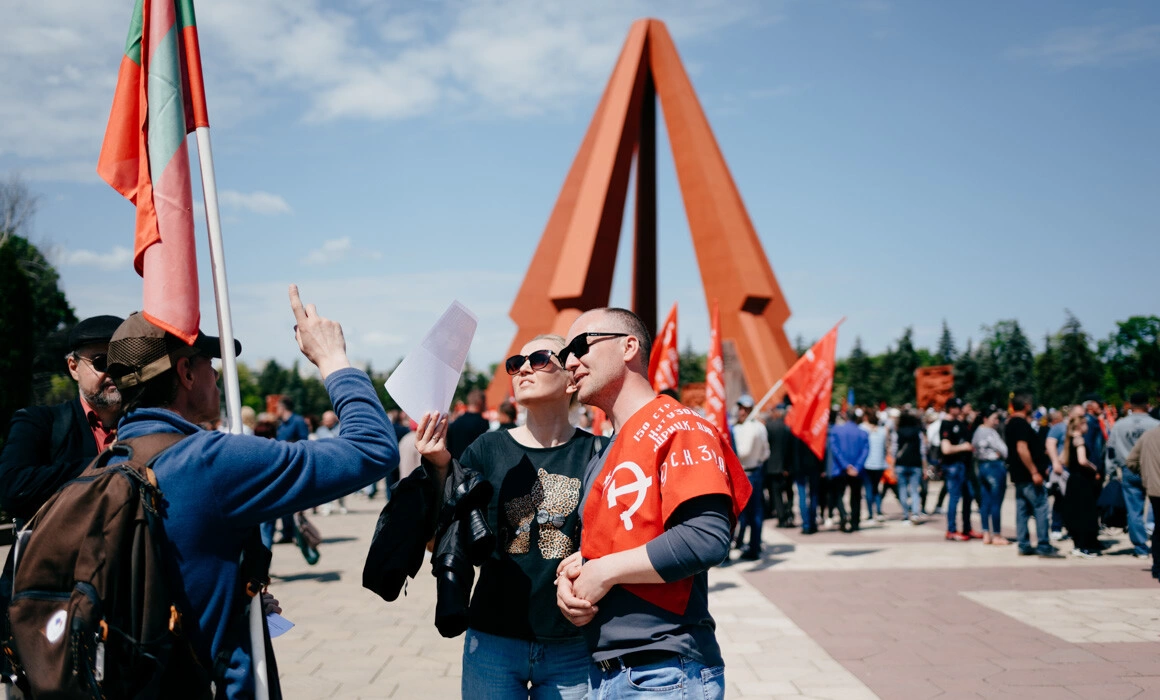
I remember, as a child, on this day my parents and I would go to the cottage or to the village to visit my grandparents. This day was always the "red day of the calendar," when everyone had a day off. None of my relatives or parents drank alcohol or boasted that "we were strong". On the contrary, I had many conversations with my mom and dad about that tragedy, and that human life is priceless, and that is the most important thing in life. When I was young, it never occurred to anyone to dress children in military uniforms. Aside from politicians in the newly minted Socialist and Communist Bloc (former president Igor Dodon, Communist Party leader Vladimir Voronin, elected deputies Zinaida Greceanîi, Oleg Reidman, Vlad Batrîncea), no one wore a St. George ribbon*. People just went to the memorial, laid flowers at the eternal flame, and stayed silent a lot. Over time, as there were fewer and fewer living veterans, the holiday took on a different scale, and the rhetoric of "never again" was replaced with "we can do it again."
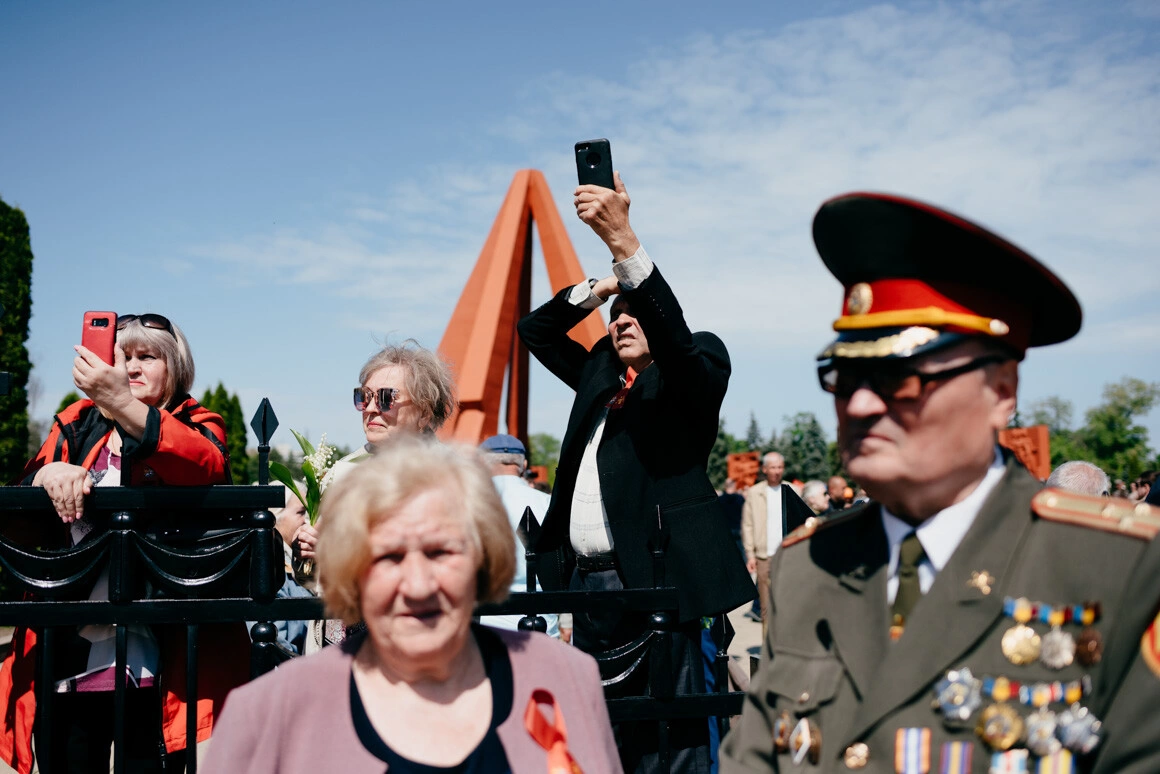
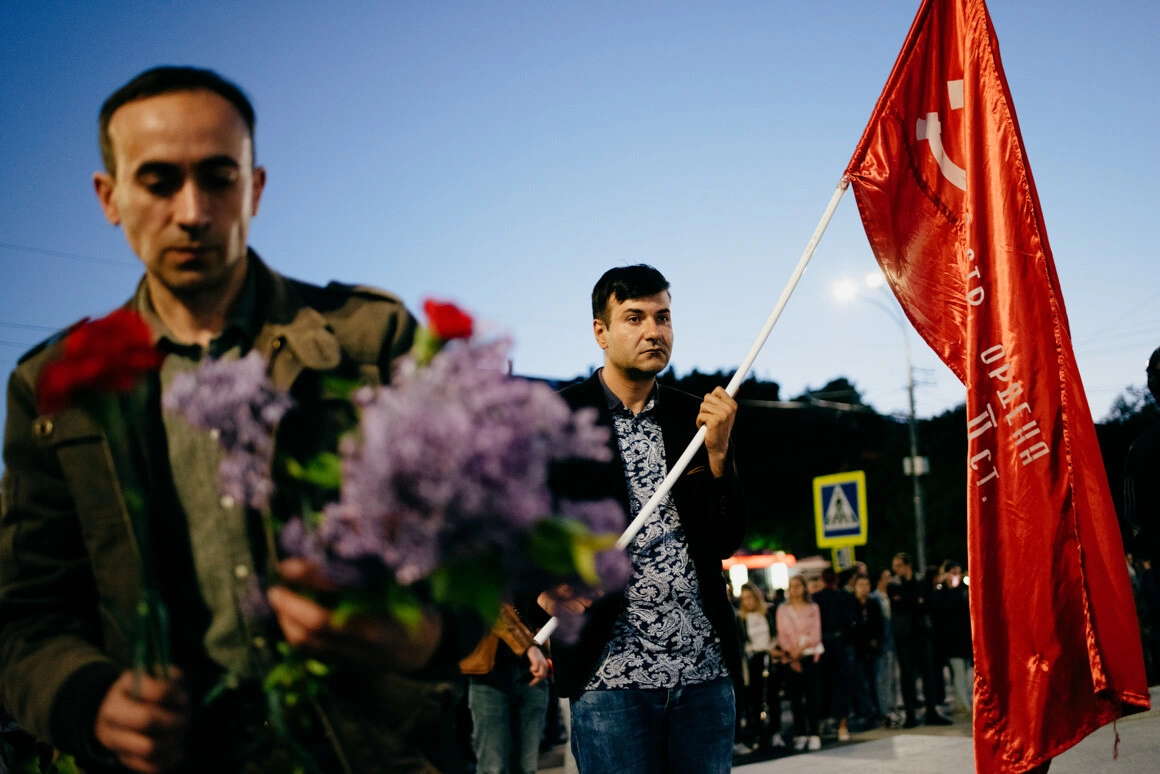
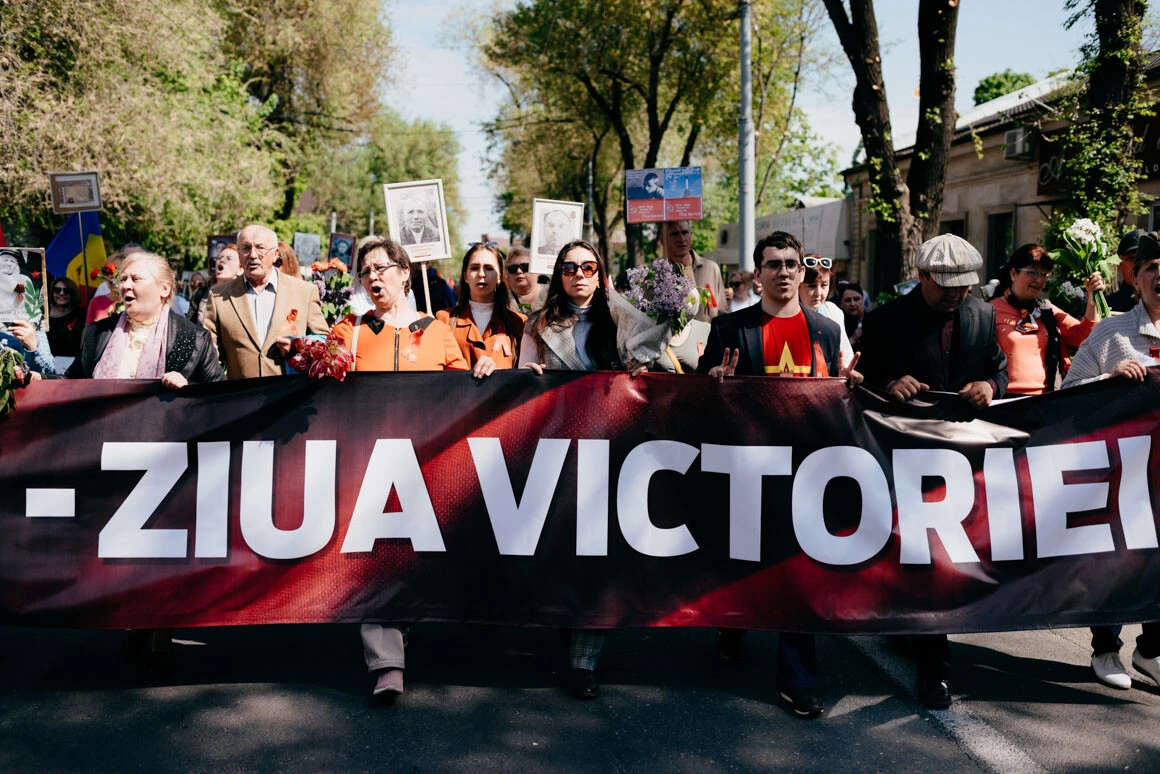
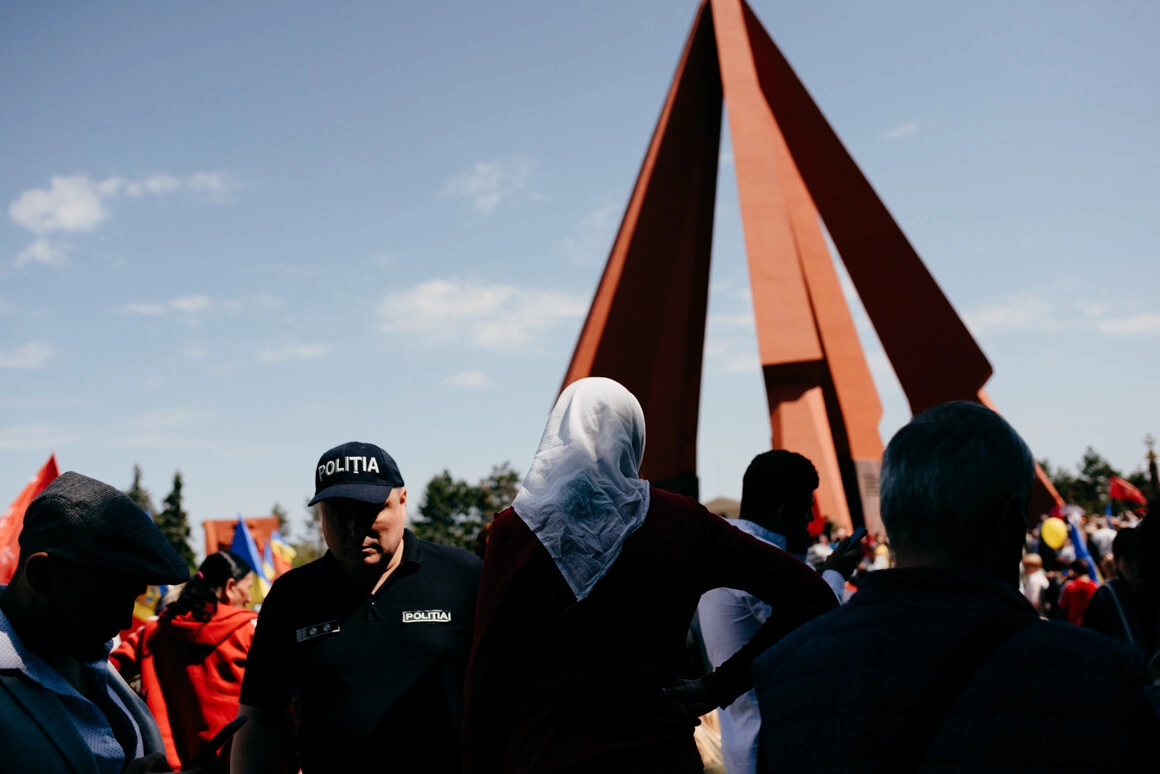
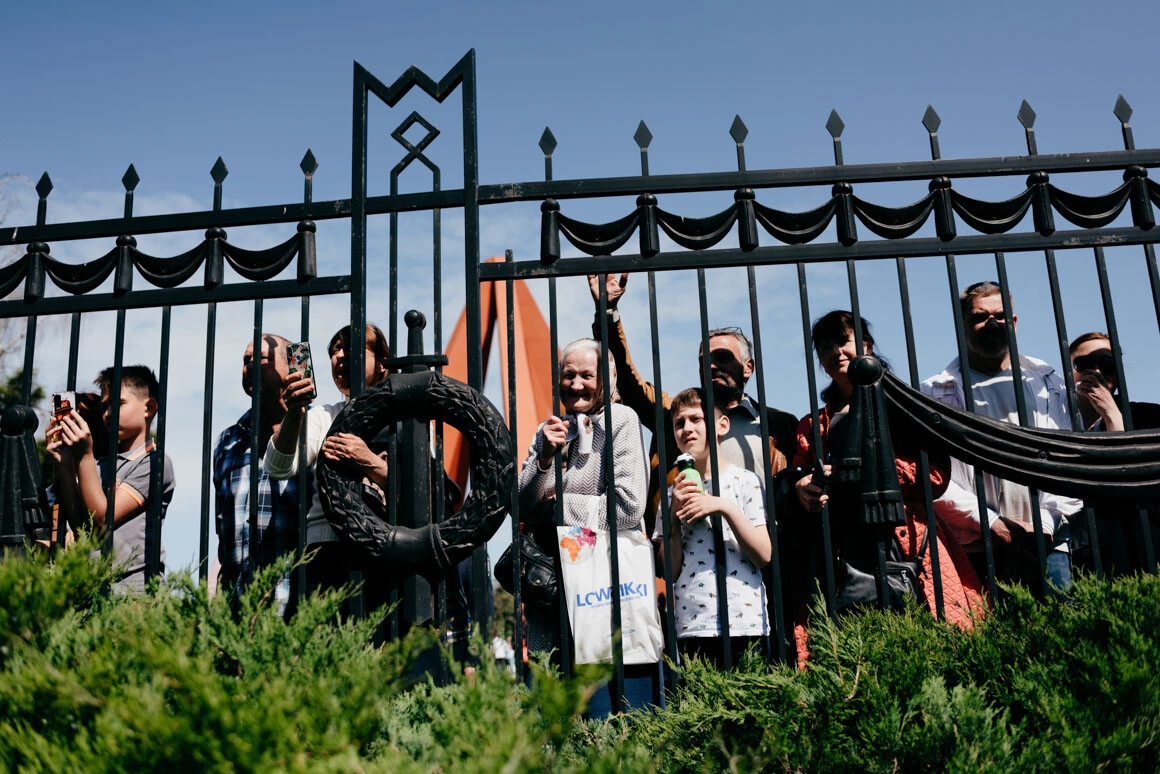
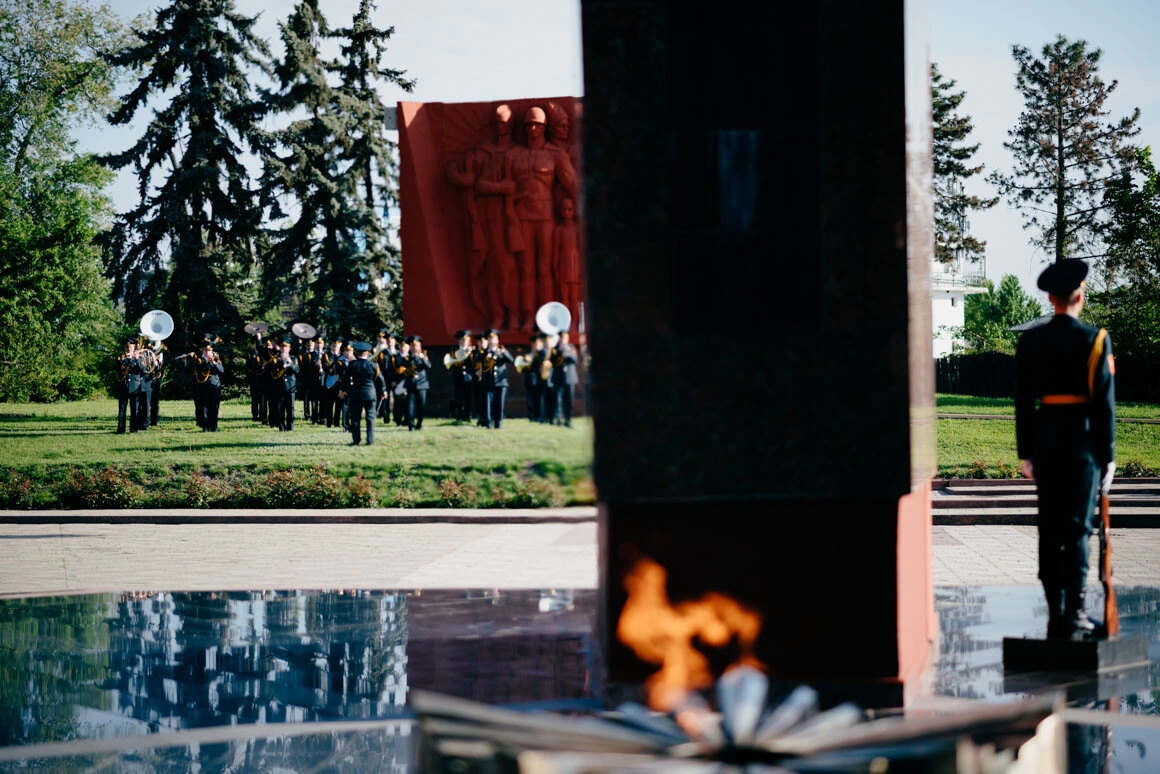
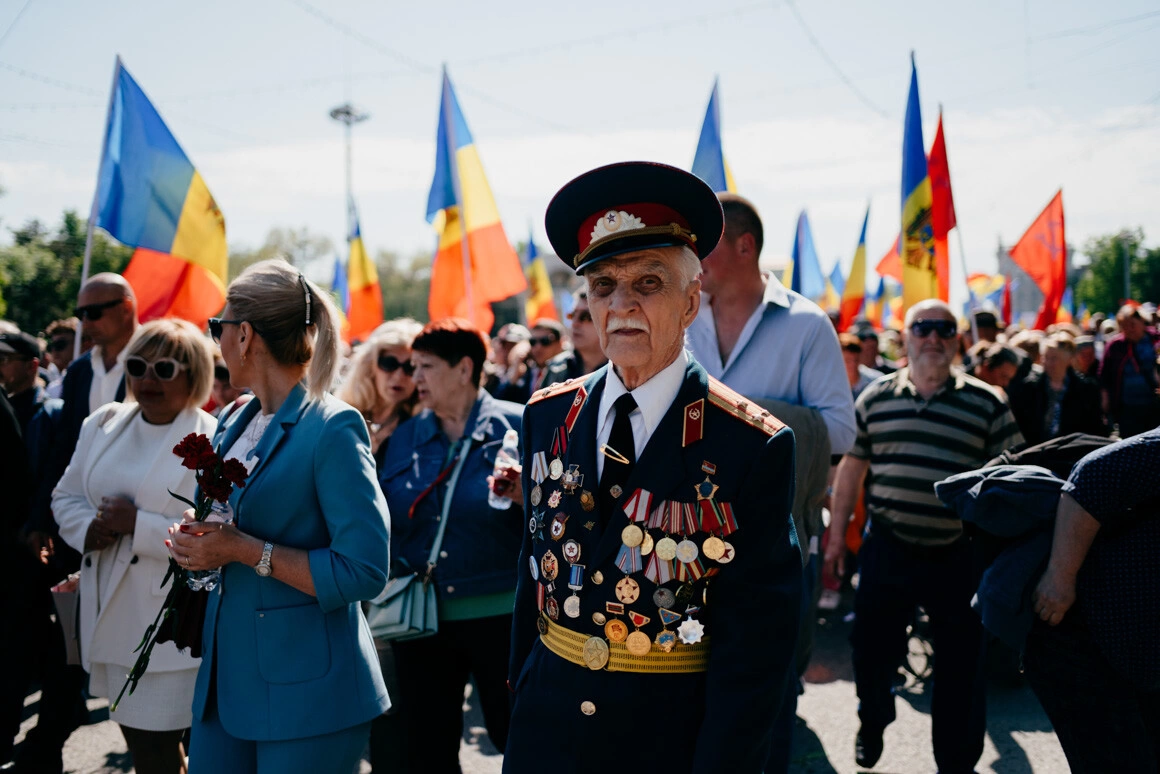
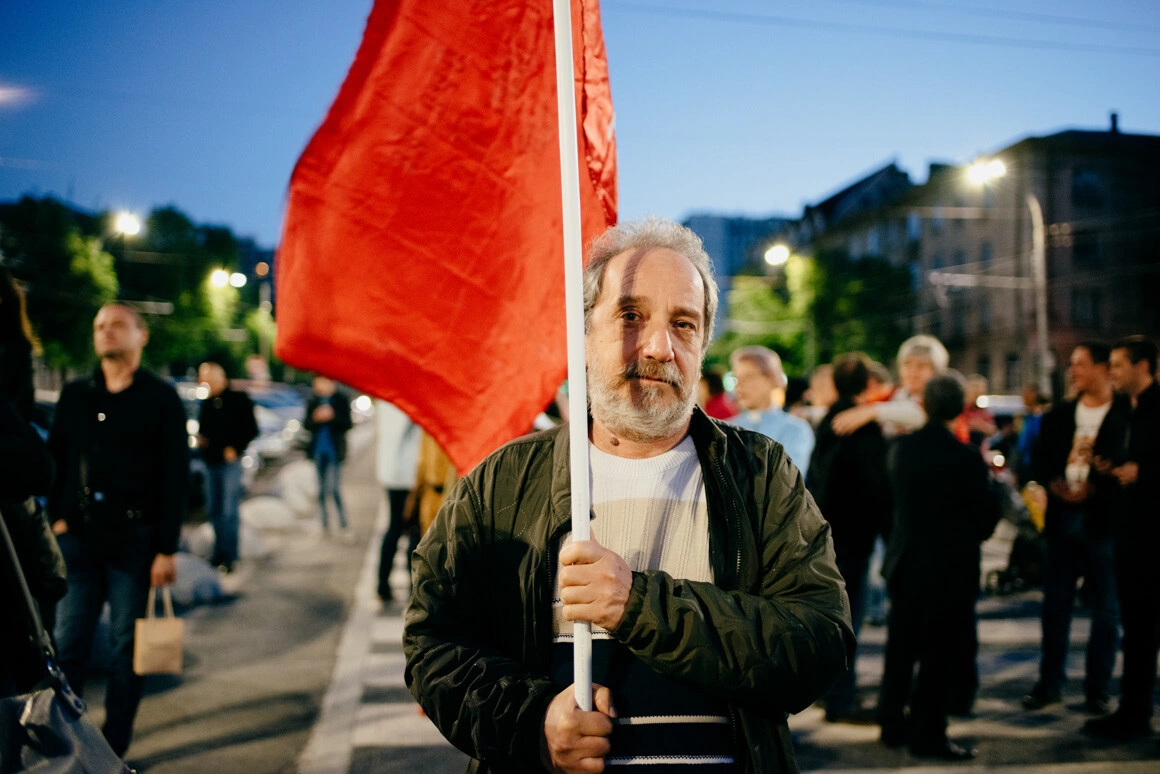
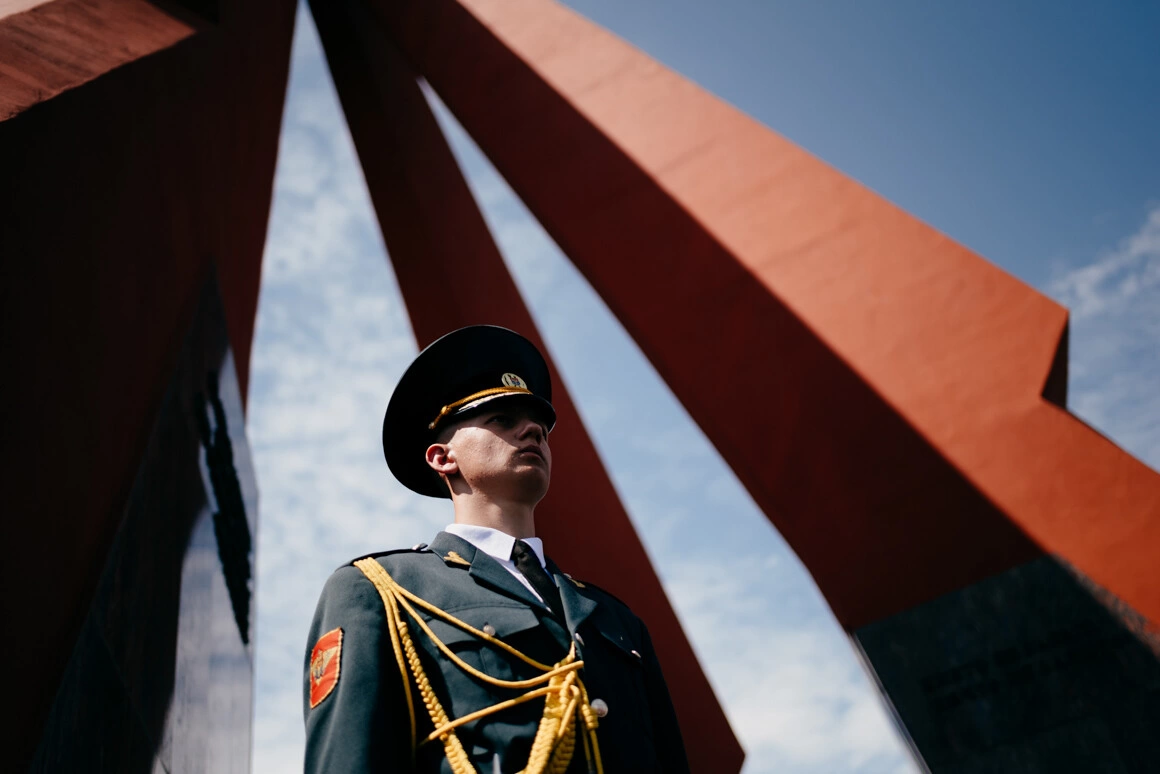
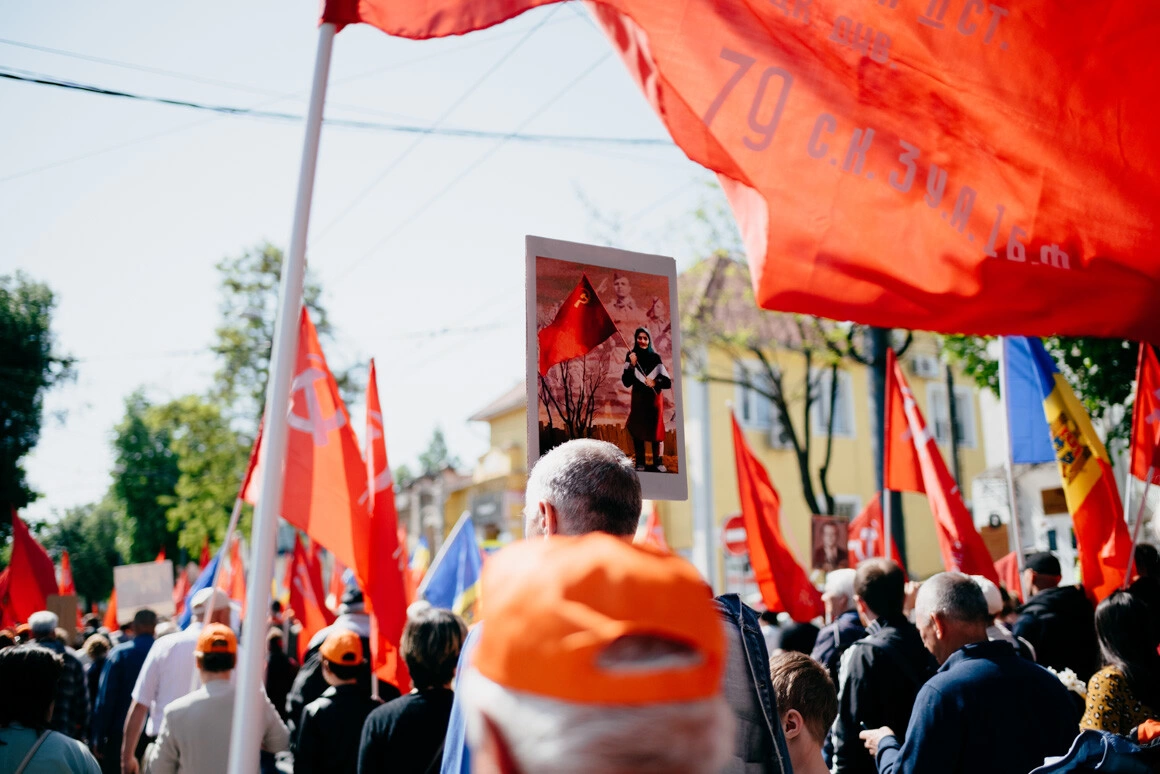
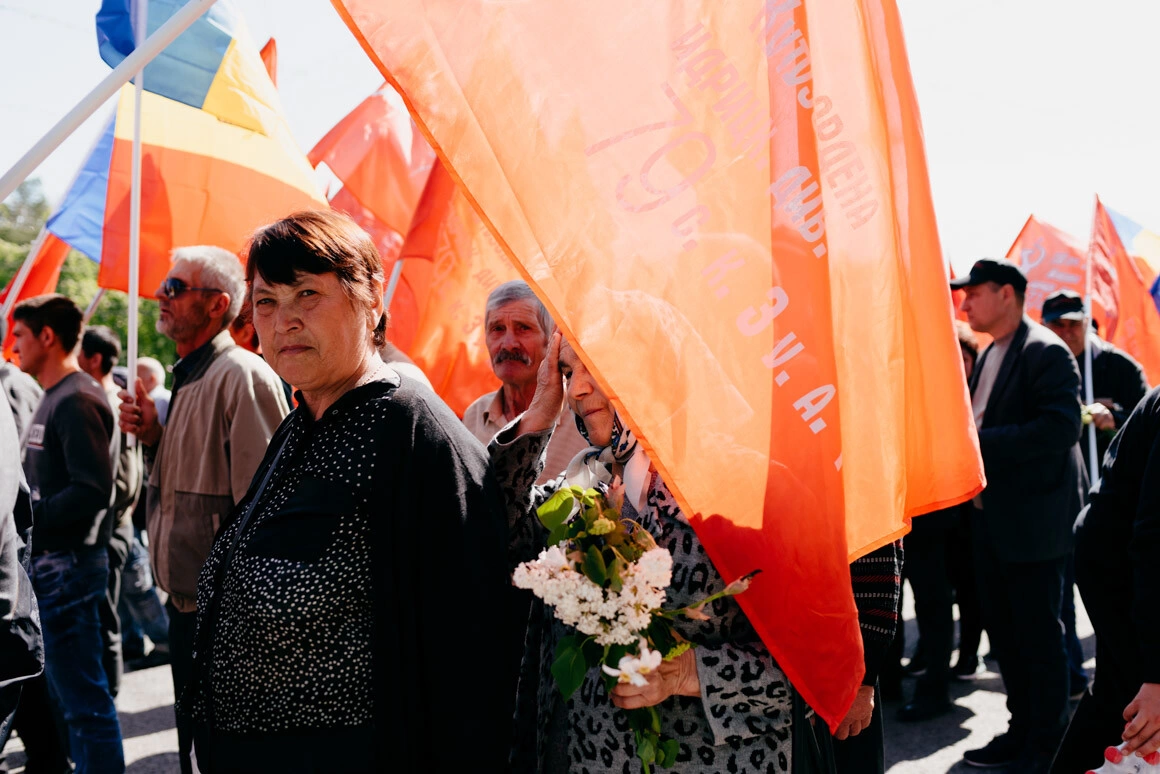
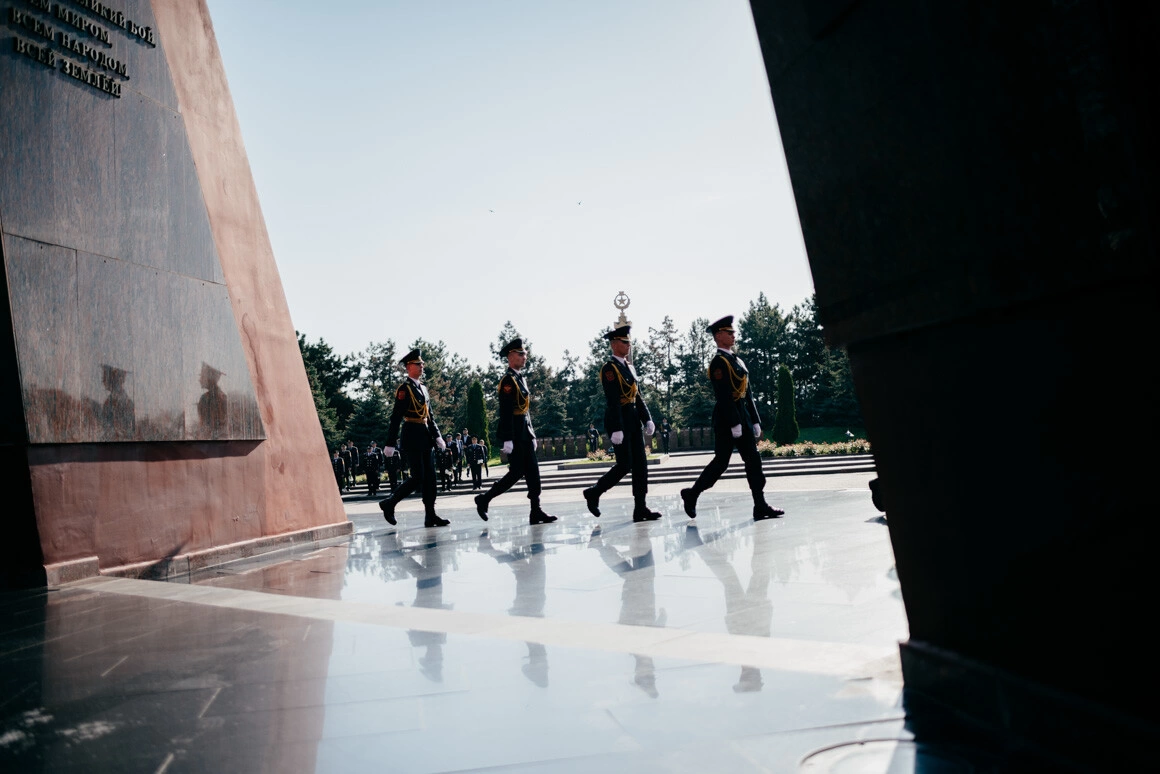
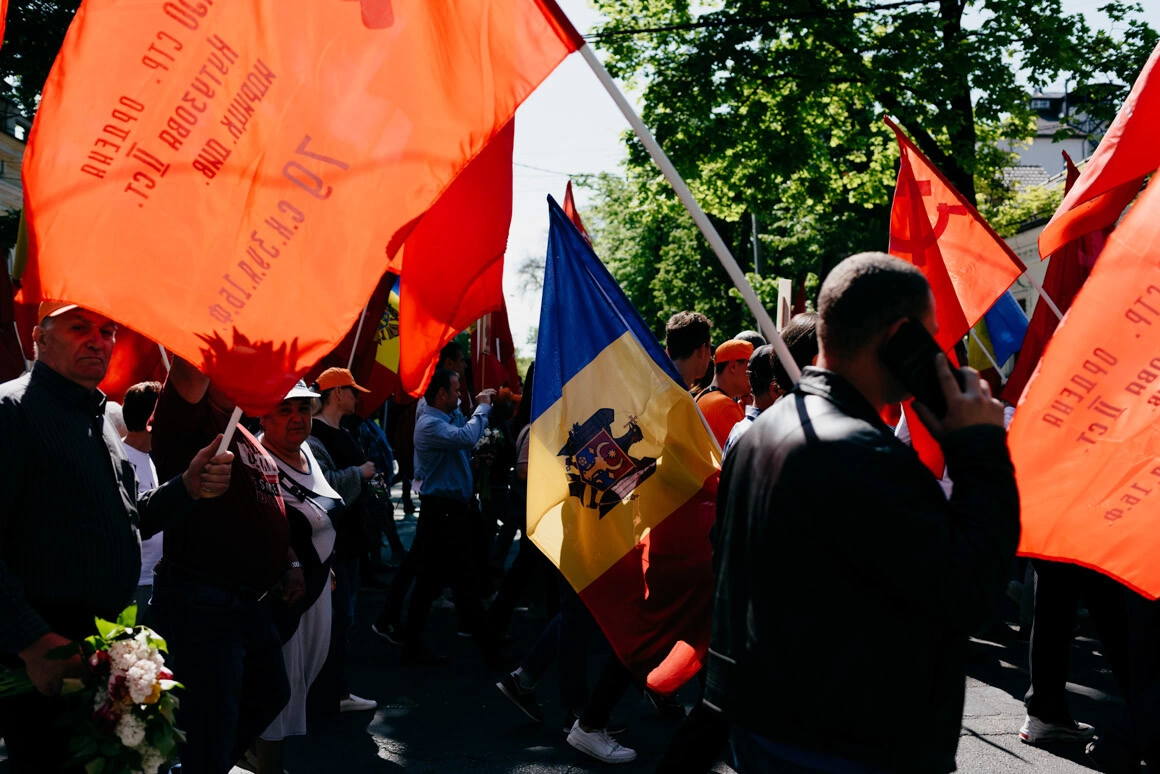
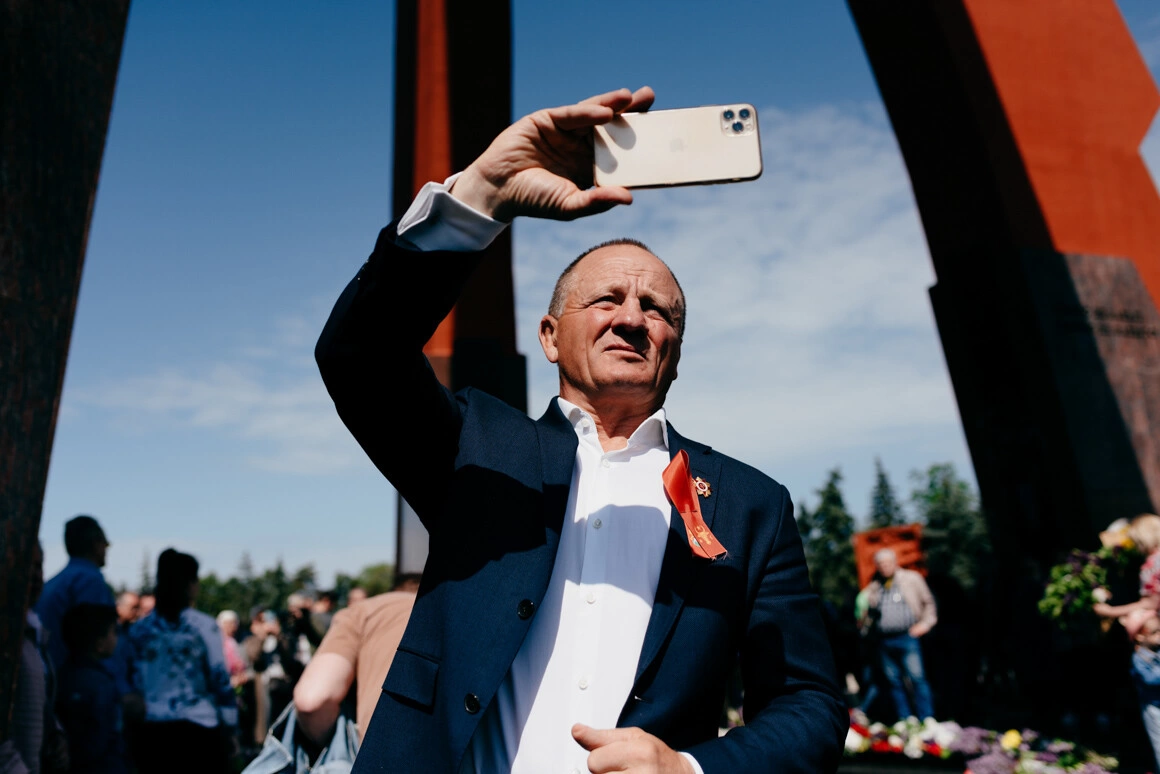
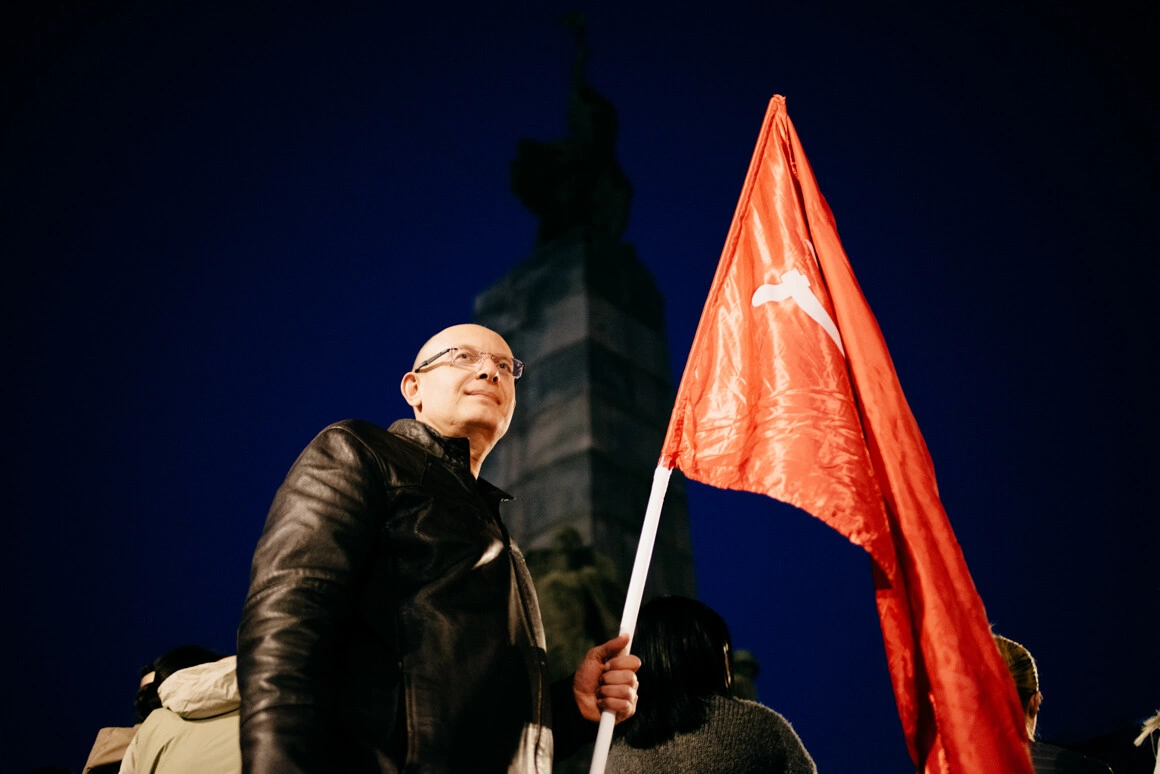
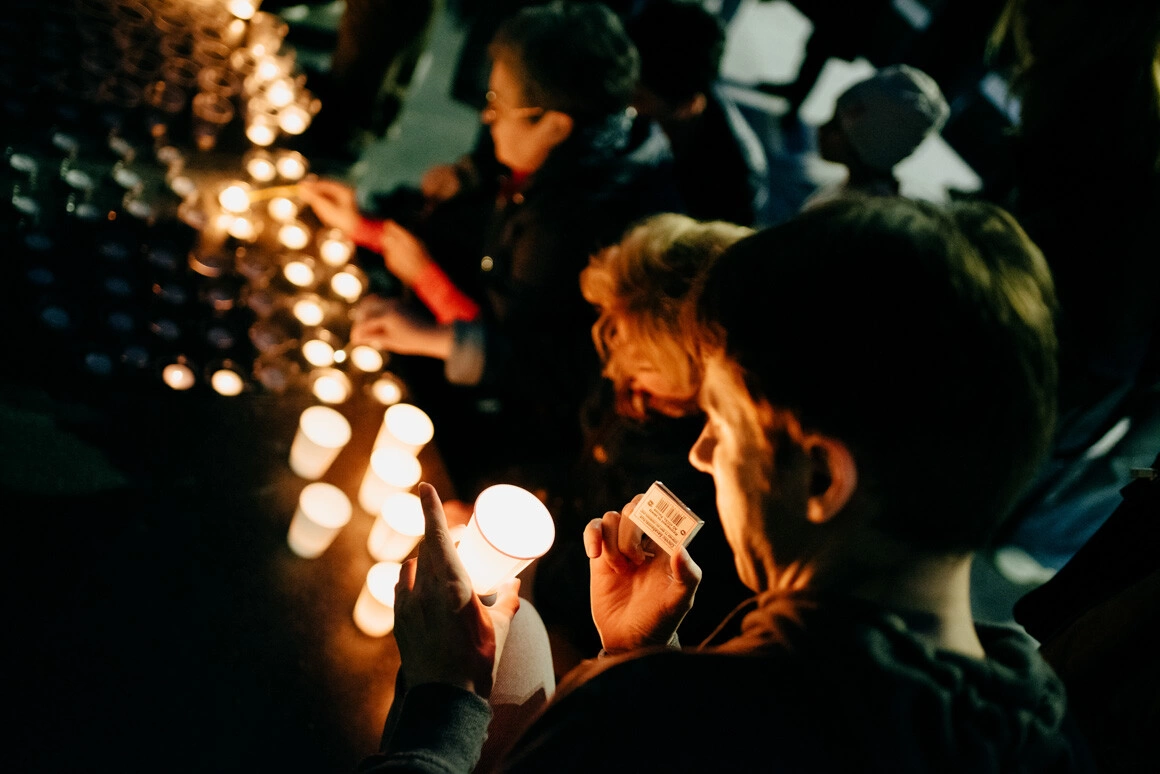
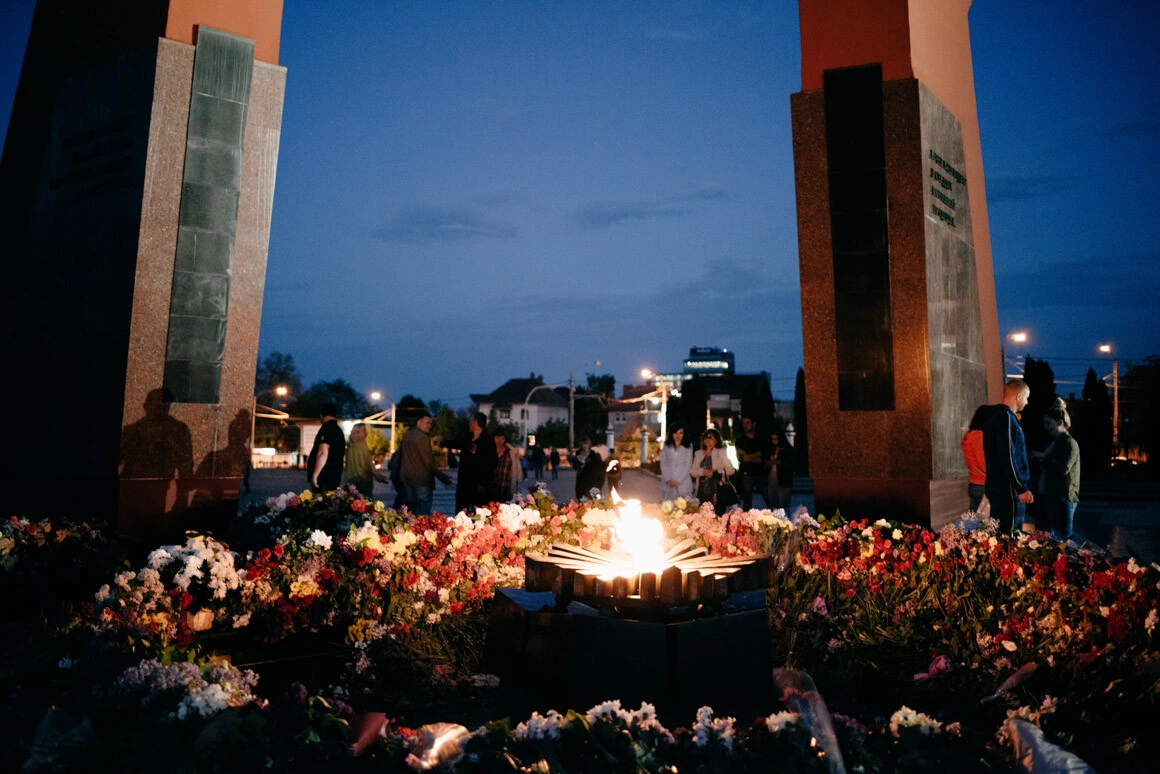
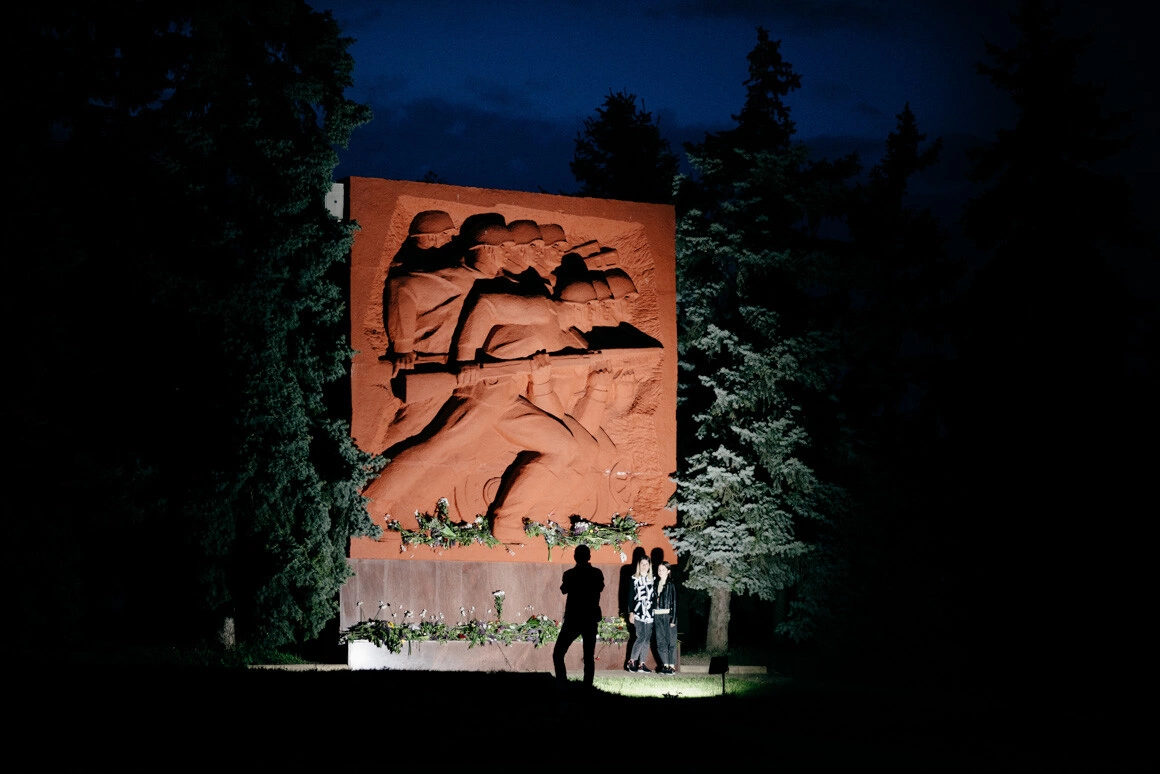
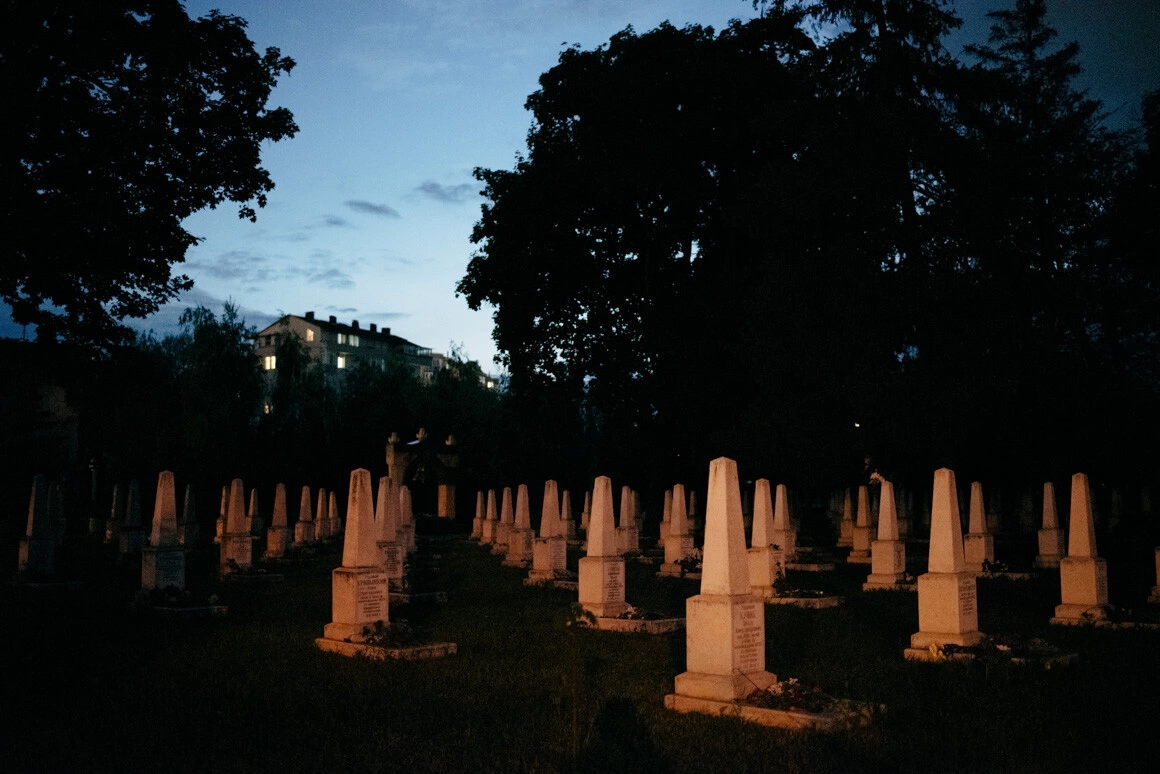
* On Tuesday, April 19, president Maia Sandu announced she had passed a law prohibiting the use of war symbols–the letters Z and V, as well as the St. George ribbon. These symbols are used by the Russian army in Ukraine, which is why authorities in Kishinev decided to ban them.
